It’s been a blast going unraveling five myths about the Common Core here at Math for Grownups. And I’ve gotten a lot of terrific feedback from commenters. In case you missed any of these posts, I thought I’d put them together in one package. Enjoy — and be sure to share your thoughts in the comment sections of each post!
Myth #1: Common Core is a Curriculum
This is perhaps the most pervasive misunderstanding. In fact, the Common Core Standards are simply that: standards. In education-speak, this means they are statements of what students should know, upon completing a course or grade. Common Core does something a bit more than other sets of standards, giving a clear expectation of the depth of this understanding. >>read the rest
Myth #2: The Standards Omit Basic Math Facts
While grabbing a latte at the local Starbucks a few weeks ago, I ran into a friend of mine. She was taking a break from teaching cursive to high school students at a nearby private school’s summer program. “Kids don’t learn cursive in elementary school anymore, and so they can’t sign their names,” she explained. “Kids aren’t even required to learn their multiplication tables these days!” >>read the rest
Myth #3: The Standards Introduce Algebra Too Late
One of the reasons for Common Core is to be sure that when students graduate from high school they are ready for college and/or the job market. And these days that means having some advanced math skills under their belts. But if you read the Common Core course headings, algebra is not mentioned until high school. >>read the rest
Myth #4: The Standards Require More Testing
Perhaps the most controversial aspect of the U.S. education system is standardized testing. And for good reason. There are a myriad of problems with these tests – from their links to private companies to their use as teacher evaluation tools. >>read the rest
Myth #5: Common Core is Overflowing with Fuzzy Math
First, a definition: fuzzy math is a derogatory term for an educational movement called reform math. Therefore the claim of fuzzy math isn’t so much a myth as an attempt to insult the way that many math teachers and education researchers advocate teaching mathematics to K-12 students. >>read the rest
Know someone who could use an education on what the Common Core standards for math reallysay? Forward them this link. Or tweet about it and post on your Facebook page.

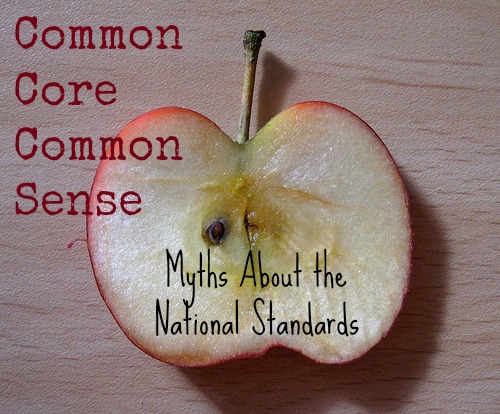
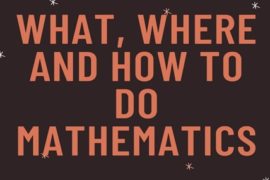
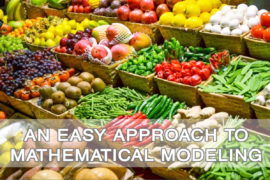

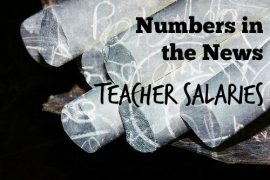
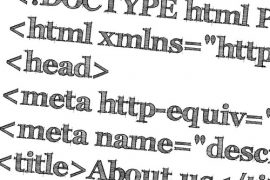

Comments are closed.